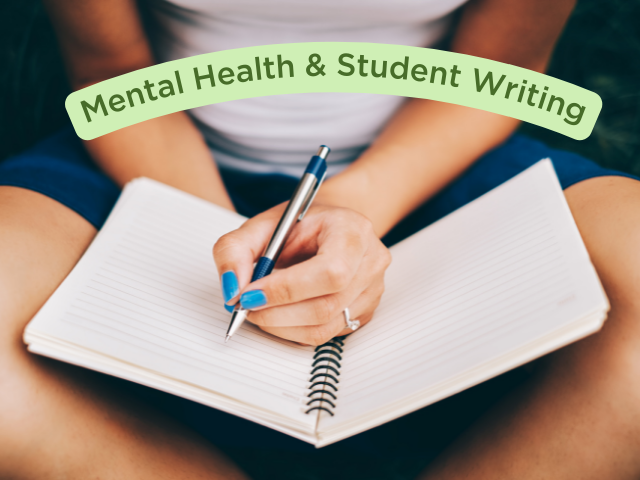When I was in 8th grade, I hated going to my English class. I hated it for two reasons:
- It was the last class of the day and the only thing standing between me and my extra-curricular activities.
- My English teacher made us journal every day.
If there’s one thing 13-year-old me disliked more than writing, it was writing about my feelings. At the time, devoting 10 minutes to sit and think about my day was extremely uncomfortable, but it only took me a few weeks to realize that I actually loved writing.
It took me a few more weeks (and by that, I mean years) to realize that my English teacher was a genius. The journaling wasn’t just to practice writing; it doubled as a practice in emotional regulation.
It was a win-win. My class got time to reflect on all the woes of being thirteen and she got 10 minutes of peace before an information-packed class. My teacher didn’t read or grade our journals, just walked by to check for completion. We left all our thoughts and feelings in the journal and focused for the last hour of our day. My peers and I were attentive, quiet, and diligent in her class, which wasn’t the case for any other class.
To this day, I still think about this class and the significant impact my teacher had on me. Not only did journaling improve my writing quality, but also my self-confidence.
There are many benefits to journaling with your students:
- Develops further self-awareness and self-expression
- Cultivates problem solving
- Connects students to their feelings
- Encourages attentiveness and focus
- Improves mood
- Enhances a sense of well-being
- Reduce symptoms of mental-health issues
- Improves working memory
With mental health being one of the many concerns in education, journaling is an opportunity to connect your students with their feelings. It’s a simple and quick exercise that is worth adding to your lesson plan.
When you introduce journaling to your class, your students might struggle with ideas, just like I did. Get them started with simple prompts, i.e. How do you feel about the topic we are covering in class? What have you done this week that you are proud of? What are qualities that make a good friend?
If you’re already working bell-to-bell, I love the idea of a one-sentence journal from the Happier with Gretchen Rubin podcast. Challenge your students with descriptive writing by summing up their day into one sentence!
If you’re ready to give daily journaling a shot, try it out for a few weeks. Adding it to your routine will set the tone for a focused class session. Plus, your students might thank you for it one day!

